Heritage and vibrancy
Valahia University of Targoviste is a state-run comprehensive higher education institution dedicated to preserving the historical legacy of Targoviste, a Romanian Middle Age capital, and nurturing the intellectual, social, cultural and economic vibrancy of a thriving city.

“A university with the name of a country,” as the President of the Romanian Academy of Sciences put it, referring to the name of the medieval principality of Valahia, the university has taken from the past a vibrant tradition of leadership, high culture, interculturality, and multilingualism, which are conveyed into high-quality education and scientific research, outstanding study and living facilities for students, national professional integration, and academic openness in Europe and throughout the globe.
Modernity and forward-thinking
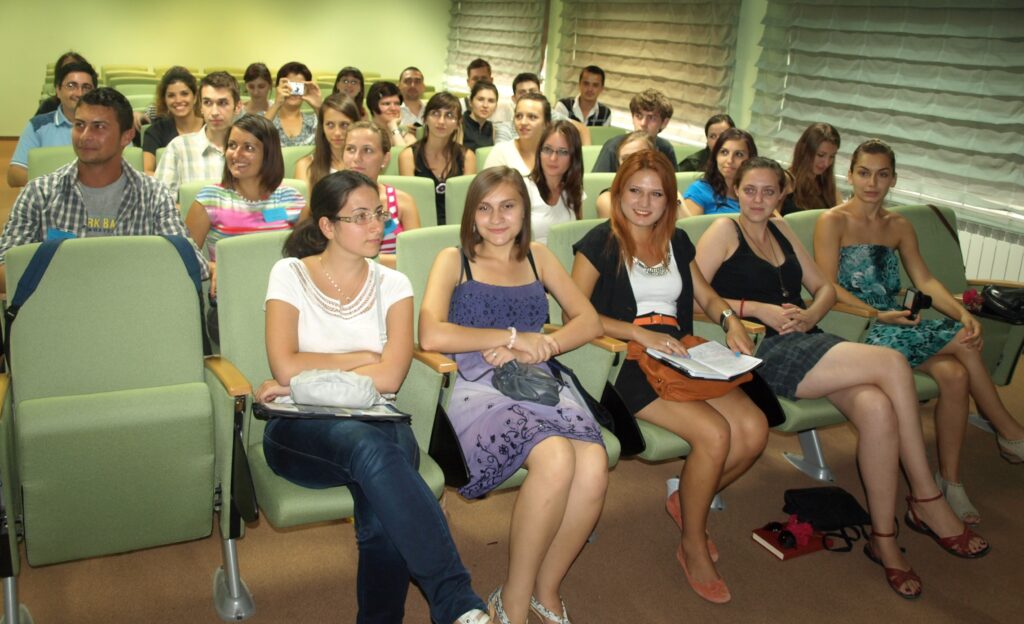
Valahia University is a modern university endowed with two brand new campuses in Targoviste and Alexandria, as well as spanking novel and innovative research, educational, and social facilities and, most importantly, the energy of a youthful and dynamic faculty, research, and student communities. The university, which was founded 30 years ago on June 1, 1992, is Romania’s only higher education institution to have built an entirely new infrastructure from the ground up, providing a highly competitive and cutting-edge educational, research, social, and cultural environment. This is ideal for our programs’ forward-thinking orientation, which fully integrates us into the dynamics of a competitive global higher education market.
Our student dorms are of a high grade, well-equipped, and provide all of the modern amenities that our students require.
A cultural and historical city
Nicknamed the „The Citadel of 33 Princes”, Targoviste is a magnificent medieval city with a variety of monuments and historical remains that make it extremely appealing to both visitors and inhabitants.

The ruins of the Princely Court are among the most visited historical sites in Romania and south-eastern Europe, and Romanian rulers such as Vlad the Impaller (Dracula), Radu the Great, Neagoe Basarab, Peter Earring, Michael the Brave, Matei Basarab, and Constantin Brancovan have left a lasting impact on national cultural Romanticism and global roman noir. The mythology of Count Dracula, whose capital cities were Targoviste and Bucuresti, is one of the world’s most enduring cultural legacies.
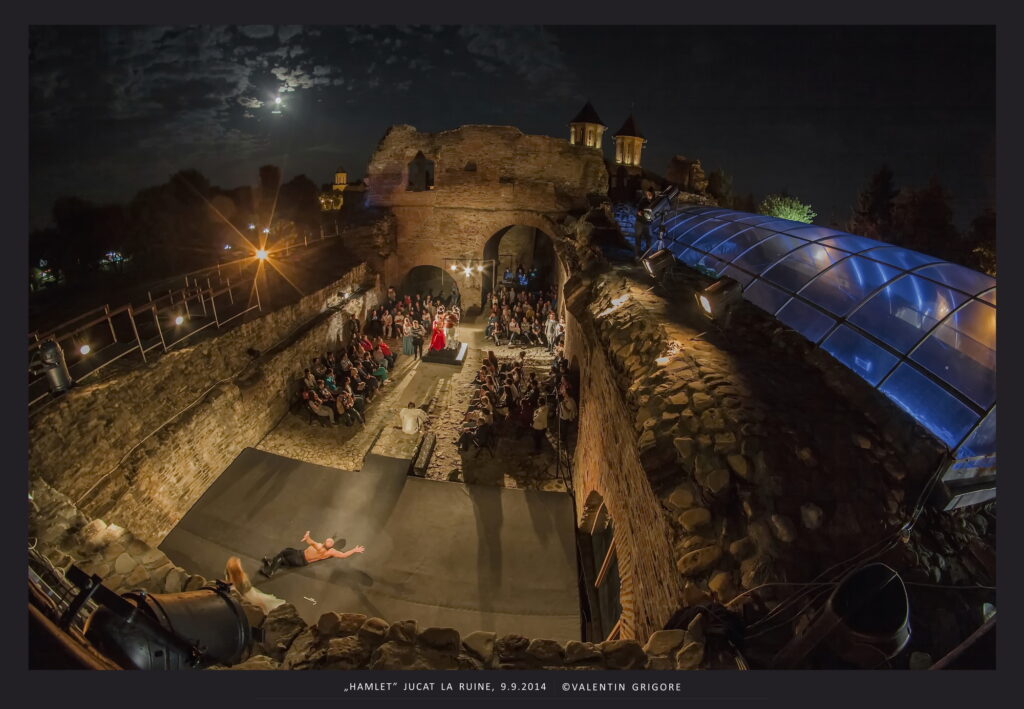
The city offers a diverse range of outstanding historical, art, cultural, and natural museums, as well as leisure parks, theaters (“Tony Bulandra” Theater) and movie theaters, music and theater festivals (“Babelfest”), malls (“Dambovita Mall”), and shopping centers, all of which contribute to the city’s unique flavor as a crossroads of Central and South-Eastern Europe.

The university contributes to the vibrant local culture by involving its students, teachers, and researchers in a diverse range of artistic, historical, cultural, and musical events, film festivals, and scientific conferences either on campus or at the International Conference Centers.
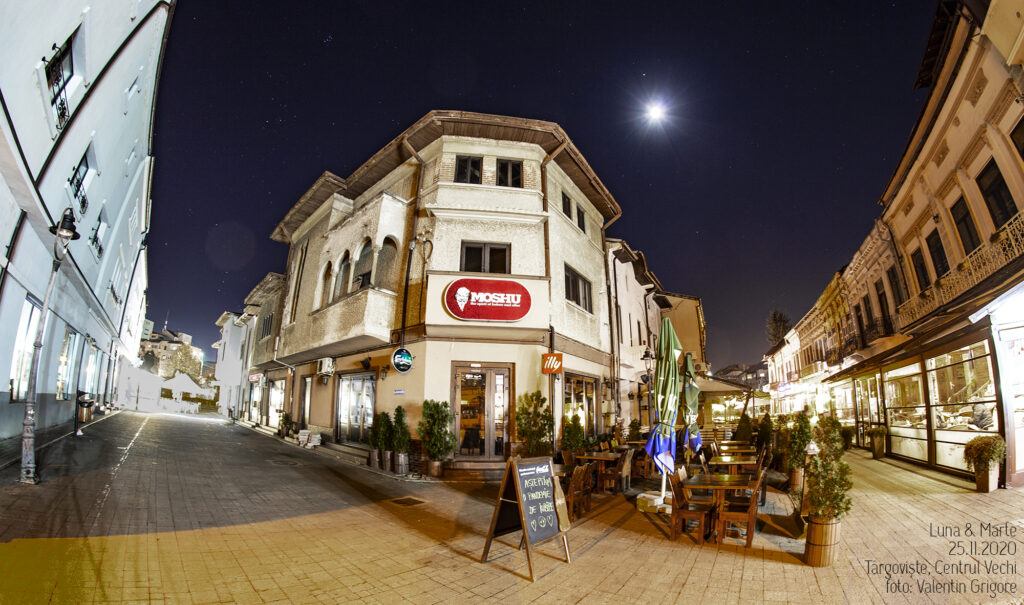
Comprehensive and interdisciplinary
The modern amphitheaters, seminar rooms and high-tech labs of the faculties and the Scientific and Technological Multidisciplinary Research Institute are host of 7,500 students and 330 professors and researchers studying in Arts and Humanities, Business and Economics, Computer Science, Education, Engineering, Law, Life Sciences, Physical Sciences, and Social Sciences.

The present organization of the university includes 10 faculties and 35 university domains at the bachelor’s, master’s, and doctorate levels. While well-trained professors, researchers, and students are integrated into research labs and study groups to serve each of the educational and research fields, the university strongly encourages multi- and interdisciplinarity, which allows for cutting-edge advances in knowledge and facilitates outstanding discoveries. Students at all levels of study (bachelor’s, master’s, and PhD) are therefore encouraged to thrive and contribute their young energy to a community capable of serving their vision of the future.
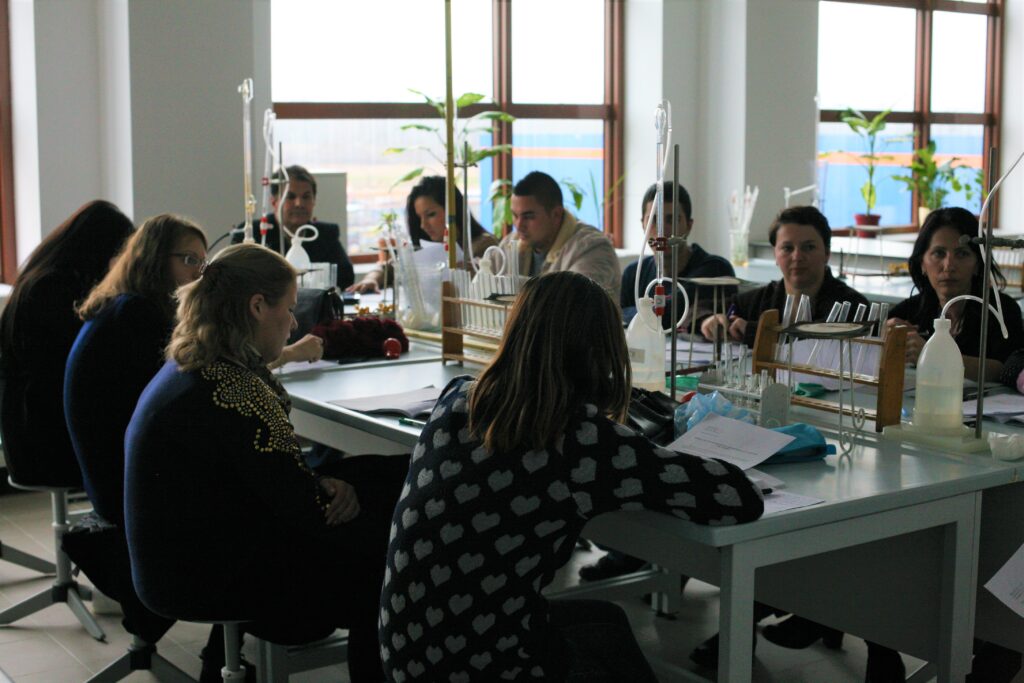
On-campus and internships
In order to provide our students with a diverse range of internship opportunities, the university collaborates with international, national, and local businesses as well as partner European and worldwide universities. Companies like as Renault, Schneider Electric, Arctic, and other national, European, and international organizations provide numerous opportunities for our students to apply their skills learned in classes, seminars, and labs into reality. Additionally, our students engage actively with academics, institutes, universities, and enterprises in research grants and projects. As a consequence, they gain global citizenship in knowledge and research, which greatly facilitates their transition into the market.
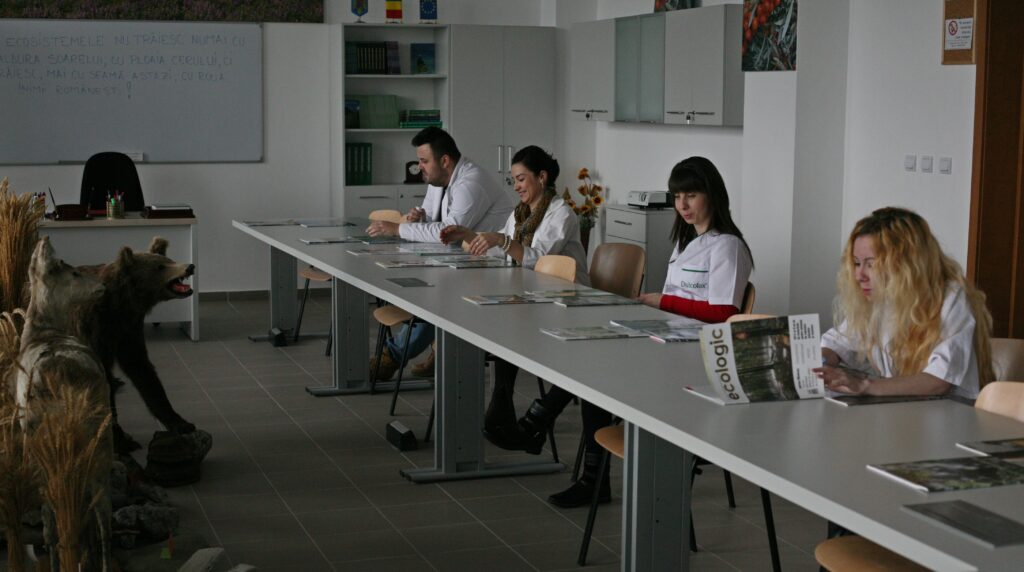
In addition, the institution provides modern digital educational tools to students, such as Microsoft Teams and Moodle, so that they can enjoy access instruction at any time and under any scenario, including under current pandemic.
Environmentally and socially responsible
Although the university is primarily dedicated to the region in which it operates, South Muntenia, the breadth of its teaching and research programs knows no bounds. It provides solutions to present and future difficulties that will best serve the global social and environmental challenges. In this respect, the university provides solutions to the educational sector, companies, governmental and local governmental authorities, cultural institutions, SMEs, NGOs, and society as a whole. Global warming and its consequences, social and gender inequalities, development imbalances between regions, rural and urban areas, poverty, quality of life, cultural heritage preservation, and the clash between local, national, European, and global are all addressed in an innovative and solution-based manner in our study and research programs.

Alternative green energy solutions are already being applied within the institution, and programs like E-land give answers that are viable for local, regional, and global communities. The university’s commitment to green energy and sustainable development is reflected in its international rankings.
An entrepreneurial university

Through specific programs, most of which are sponsored by European initiatives, the university encourages entrepreneurship and the acquisition of entrepreneurial skills. They are produced in partnership with the University Entrepreneurial Society and are intended to all students, regardless of their field of studies. As a result, we can ensure that our students have the cross-sectoral skills they require to complement their sectoral abilities.
Gender equality and fairness
The university is committed to gender equality and balance, as evidenced by worldwide rankings that award it top honors in this area. The gender balance among professors, researchers, and students is excellent in both senior and junior positions, reflecting the fairness and modern stance of our institution of higher education.

Local, national and international university
The university acts on a local, national, and international level. At all of these levels, partnerships have been formed, allowing our students to take use of a wide range of facilities and possibilities.

We offer a variety of international and European mobilities to all of our international students every year as part of the Erasmus program, as well as a Francophonie and global university with collaborative relationships with 123 universities, institutes, and businesses from 38 European Union, European Economic Area, and other European countries.
High quality life at low education and living costs
The university provides high educational, scientific, and social services at a cheap cost on a national and international scale. Citizens of the EU, Swiss Confederation, and EEA nations pay the same tax rates as their Romanian student counterparts.
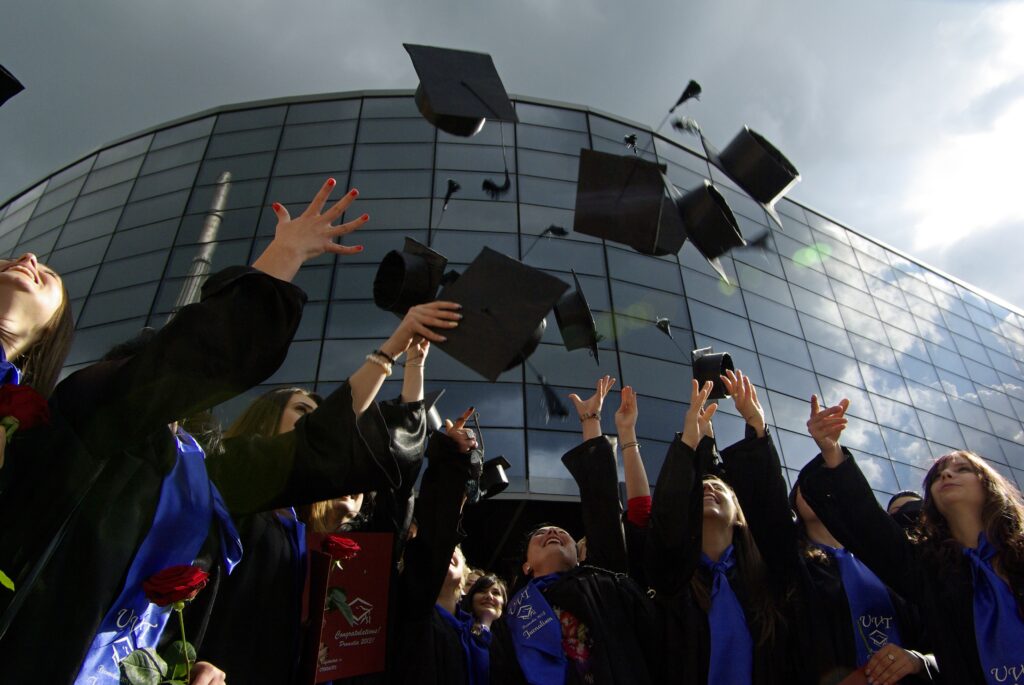
Other non-EU nationals’ study fees are established at national minimums, as defined in Minister of National Education Order No. 3236 of February 10, 2017, ranging between 2,300 and 4,200 € each academic year. The cost of living in a student dorm varies from 75 € per month (in a shared room) to 225 € per month (in a single room). Meals shall be estimated between 250 and 500 € per month. Clothing expenses vary a lot based on your options, but expect to pay between 500 and 900 € every year. The campus provides inexpensive electric buses to the city, and the city is also near to the main national airport (65 km), the most popular mountain resorts (60 km to Sinaia) and the capital city of Bucharest (80 km), thus allowing you to spend as little as between 100 and 200 Euros per year on transportation.

Furthermore, the city is boosting the amount of part-time jobs available to supplement student income.

